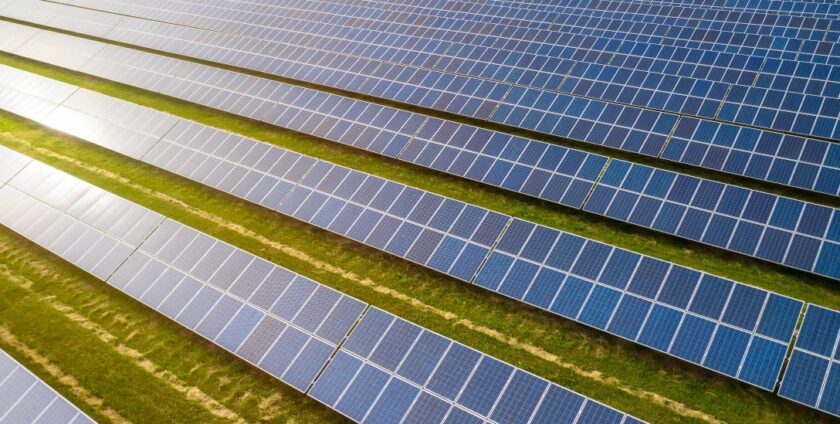
Solar energy is rapidly becoming one of the most sought-after forms of renewable energy in the world. With the increasing demand for clean and sustainable energy, solar panels have emerged as a viable solution to meet this demand. Solar panels use the sun’s energy to produce electricity, which is then used to power homes, businesses, and other facilities.
Solar panel price in Ahmedabad have been a major concern for many individuals and businesses, but government incentives have played a critical role in reducing these prices.
- The benefits of using solar panels
Solar panels offer a wide range of benefits to individuals, businesses, and the environment. Firstly, solar panels can significantly reduce electricity bills by generating electricity from the sun’s energy. This can lead to long-term cost savings for individuals and businesses.
Secondly, solar panels produce clean and sustainable energy, which helps to reduce carbon emissions and promote sustainable development. Lastly, the installation of solar panels can also increase the value of a property, making it a wise investment for homeowners.
- Solar panel price in Ahmedabad
While the benefits of solar panels are many, the cost of installation can be a major concern for individuals and businesses in Ahmedabad. The cost of solar panels depends on various factors such as the size, quality, and brand of the panels, as well as the cost of installation.
Solar panel price in Ahmedabad have been a major concern for many individuals and businesses, making it difficult for them to adopt this clean and sustainable energy source.
- Government incentives in reducing solar panel prices
The government has recognized the importance of promoting the use of solar energy and reducing the cost of solar panels. To this end, the government has implemented various incentives to encourage the adoption of solar energy. These incentives include tax credits, subsidies, and rebates. For instance, in Ahmedabad, the Gujarat Energy Development Agency (GEDA) offers a subsidy of up to 40% of the cost of installing solar panels. Additionally, the government has implemented a tax exemption policy for solar panels, which means that individuals and businesses do not have to pay taxes on the installation of solar panels.
- The solar rooftop policy
One of the most significant incentives offered by the government is the solar rooftop policy. This policy aims to promote the use of solar energy by encouraging individuals and businesses to install solar panels on their rooftops.
Under this policy, individuals and businesses can sell excess electricity generated by their solar panels to the grid, thereby reducing their electricity bills. The policy also provides financial incentives for the installation of solar panels, making them more affordable for individuals and businesses.
- Schemes for rural areas
The government has also established various schemes to promote the use of solar energy in rural areas. The Deen Dayal Upadhyaya Gram Jyoti Yojana (DDUGJY) aims to provide electricity to rural areas through the use of solar energy. Under this scheme, the government provides financial assistance for the installation of solar panels in rural areas, thereby promoting the use of solar energy and reducing the dependence on traditional sources of energy.
- Solar energy in public facilities
The government has also played a critical role in promoting the use of solar energy in public facilities. For instance, the Ahmedabad Municipal Corporation (AMC) has installed solar panels on various public buildings, including schools, hospitals, and offices.
This not only promotes the use of solar energy but also reduces the electricity bills of these facilities. The installation of solar panels on public buildings can also inspire individuals and businesses to adopt solar energy as a clean and sustainable energy source.
In conclusion, the government has played a critical role in reducing solar panel price Ahmedabad through various incentives. The solar rooftop policy, subsidies, tax exemptions, schemes for rural areas, and installation of solar panels on public buildings are some of the measures taken by the government to promote the use of solar energy.
The adoption of solar panels not only benefits individuals and businesses but also contributes to the overall development of the city and the environment. By taking advantage of the incentives offered by the government, individuals and businesses can make solar panels more affordable and accessible, paving the way for a clean and sustainable energy future.








